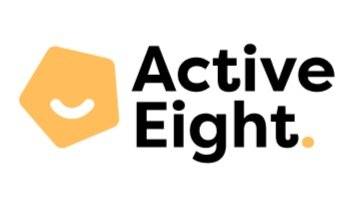Articulation
Articulation errors (mispronounced sounds) happen when someone puts their lips, tongue, jaw and other articulators in the wrong place to make a sound. A very common articulation error is lisping.
Sometimes articulation errors can become habits. A person might mispronounce a sound the same way every time, e.g. ‘tup’ instead of ‘cup’ or ‘gog’ instead of ‘dog’, or they might have varying errors each time.
PROMPT Therapy for Articulation
Our therapists are PROMPT trained. The PROMPT therapy approach has a high level of success with articulation issues (mispronouncing sounds, lisps etc.), language delays and apraxia of speech. In addition to specific training, we also specialise in training and practicing with your child. We work on the skills you want to see so we have a big focus on practicing sounds in conversation as soon as possible. There’s a place for flashcards but not for months and months of boring, repetitive practice that’s going nowhere.
Apraxia
Apraxia is a motor speech disorder. This means there’s a problem with how a person moves and coordinates the muscles they use to talk. The muscles work fine, it’s just that the brain has difficulty programming and controlling them.
Signs and symptoms of Apraxia
Young children with apraxia
Might not babble (dadaddada)
Might start to talk later than others
Might have very few sounds
May tend to say only the first consonant and vowel (‘mo’ instead of ‘mop’)
May have trouble putting sounds and words together, usually this will be worse the more syllables/sounds that are involved
Older children with apraxia
Will understand speech better than they can speak
Will tend to make inconsistent sound errors (the sound will be mispronounced many different ways)
May show groping behaviours (moving their mouth like they’re trying to shape a word but not quite getting there)
Are hard for strangers to understand.
Treatment for Apraxia
Remember, apraxia is a motor problem, so therapy is like learning to kick a ball or ride a bike. You practice until you master it and it becomes automatic. This means intensive therapy (multiple times a week) may be necessary, along with practice at home.
Introducing Speech Buddies
We use Speech Buddies as part of our practice. Speech Buddies are a set of simple yet revolutionary tools that teach correct tongue positioning for the five most difficult sounds. They’re great for fixing a lisp fast and correcting other sound errors.
Clinically Proven
They are proven in clinical trials to treat specific sound errors in half to a quarter the time of traditional therapy methods. This means things get better quicker, and it costs less to get better.



